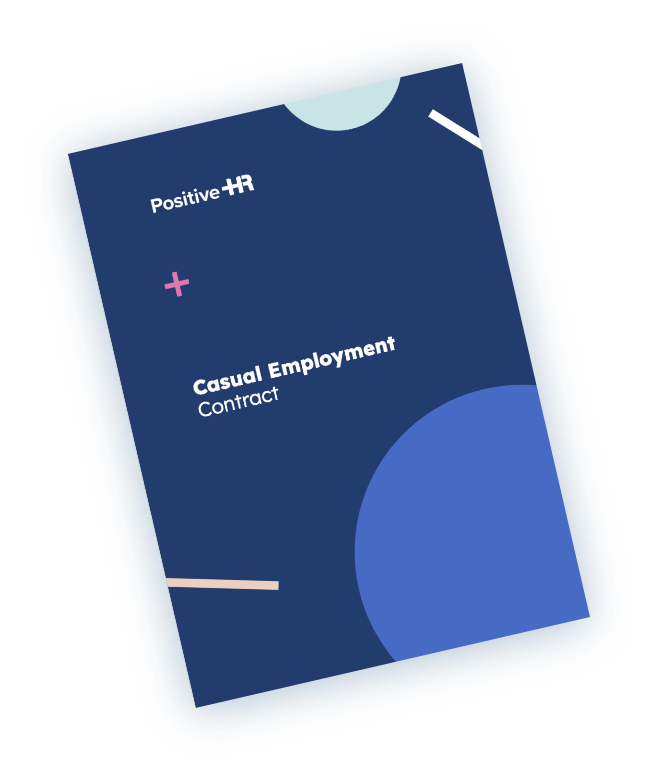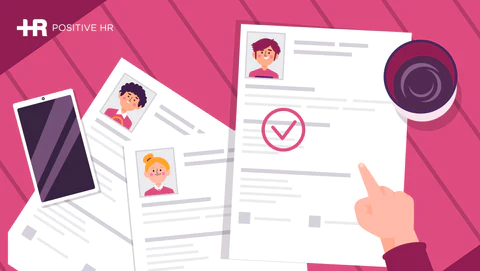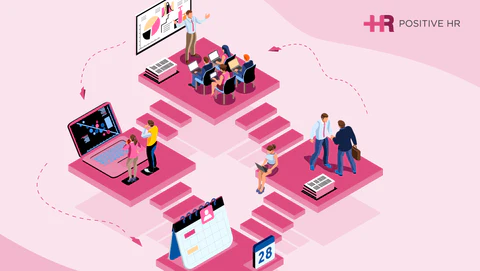For an employer, hiring is a lot of work. It takes time to write a position description, a job advertisement, to wade through the mountain of applications that come through and to conduct the interviews – and there’s always the risk that you don’t find the right person for the job even after all of this work, or (potentially worse) you hire someone and later realise they are the wrong fit.
Great employees are out there, and you want your investment in the hiring process to pay off with a great addition to your organisation. Below we take a look at four things you might be overlooking at the resume review stage that mean you miss opportunities to find really great candidates to interview.
Experience level
Let’s say you have specified in the job ad that you’re after “8 years experience”. Consider the reasons why you’ve specified this time period – is it based on something relatively objective, or have you made some assumptions that this experience level probably means the candidate has certain skills and knowledge?
It can be easy to dismiss candidates with too little (e.g. 5-6 years) or too much (12+ years) experience, but it can certainly make the job of shortlisting applications quicker if you stick hard to your criteria.
But consider: someone who appears a ‘too junior’ may be ready and willing to work really hard to stretch and grow into the role. They might join your team with fresh enthusiasm and a ‘can do’ attitude that you may not have found with a more experienced hire. On the other side, someone who is ‘too senior’ may have additional expertise and knowledge that your organisation would really benefit from. Discounting them too soon may mean you miss out on a someone with a better eye for risk management for example, or with broader networks.
Outside industry experience
Don’t be too quick to reject an application from a different industry. There is value in every industry, and these candidates will invariably join you with a fresh perspective on the work your organisation does, and may be able to identify new opportunities or risks in your industry they’ve seen in another. Of course you need to be assured that the candidate will be able to do the job you’re hiring for, but take a moment to consider the cross-industry experience and knowledge these candidates can bring to the table.
Transferrable skills
Transferrable skills are simply skills and abilities that can be used in any role, in any organisation: communication, people skills, leadership skill, and so on. It can be easy to miss these particular skills if too much weight is placed on the candidate having the exact experience level you’ve stated, working in the same industry you’re hiring for, or holding specific job titles in the past. Transferrable skills are especially important for candidates who are making a career change. While the best candidates will highlight their transferrable skills in their cover letter and response to selection criteria (if you’ve asked for this) and demonstrate how they will add value to your organisation, you need to keep an open mind and genuinely consider if they have what you need before you set their applications aside.
Lifelong learners
Things move fast, especially in industries that are underpinned by technology or where there’s heavy competition. Keep an eye out for applications that demonstrate the candidate is a lifelong learner: are they keeping up with industry news? Are they regularly undertaking professional development, including in their own time? Are they completing short courses or other micro-credentials to keep their skills up-to-date? These candidates can bring enormous value to organisations because they will be proactive about their professional development needs and likely be more than happy to share their learnings with others.
Next time you’re reviewing job applications, keep these four things in mind. Being open to different experience levels, industries and transferrable skills – and giving extra weight to lifelong learners – doesn’t obligate you to hire these candidates, but it will give you a richer shortlist to consider. If you can, consider opening up 1 or 2 interview slots for the best of these candidates and hear from them first hand: see what other boxes they tick in terms of culture and values fit. You might just find your best employee yet. Or even better, you could engage Positive HR to do the hiring for you!
Please Note – This post was written by Kim Sullivan, Founder of career coaching startup The Leap Crew. Based in Melbourne, Kim’s goal is to help women early in their career, career changers and those returning to work after a career break find and succeed in their dream roles. Follow her on Facebook or Instagram for practical job search and career development tips.









